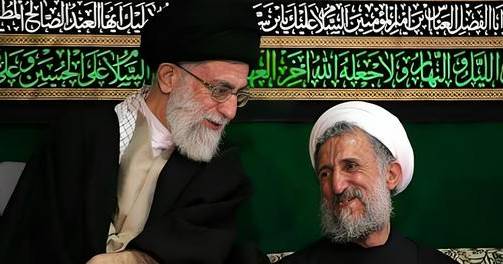
Similar Posts
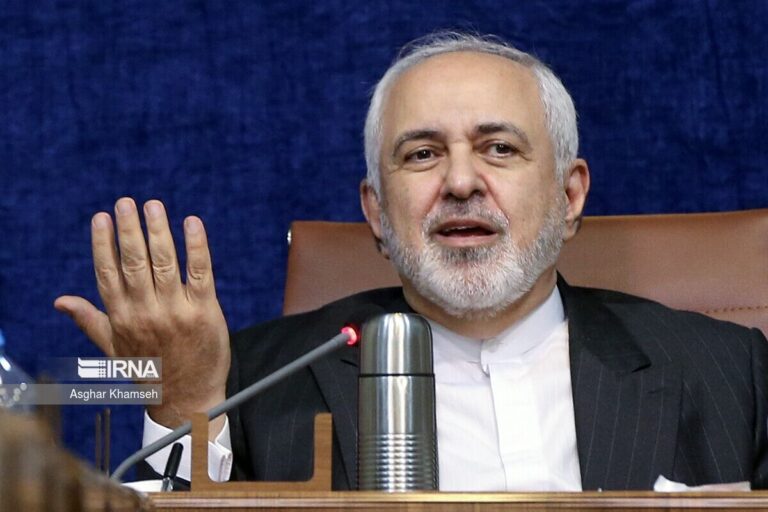
Iran’s VP Zarif Urges Removal of U.S. Influence from Foreign Policy Strategy
Iran’s Vice President for Strategic Affairs, Mohammad-Javad Zarif, recently stated the need to eliminate U.S. influence from Iran’s foreign policy during a conference in Tehran. He described the U.S. as a “nuisance” that complicates Iran’s international relations, asserting that engagements with regions like Africa and Europe should not revolve around U.S. disputes. Zarif emphasized that Iran’s foreign policy should focus on regional relationships and avoid pressuring other nations into anti-U.S. positions. He warned that without this strategic shift, countries may hesitate to strengthen ties with Iran, advocating for a more autonomous approach in international dealings.
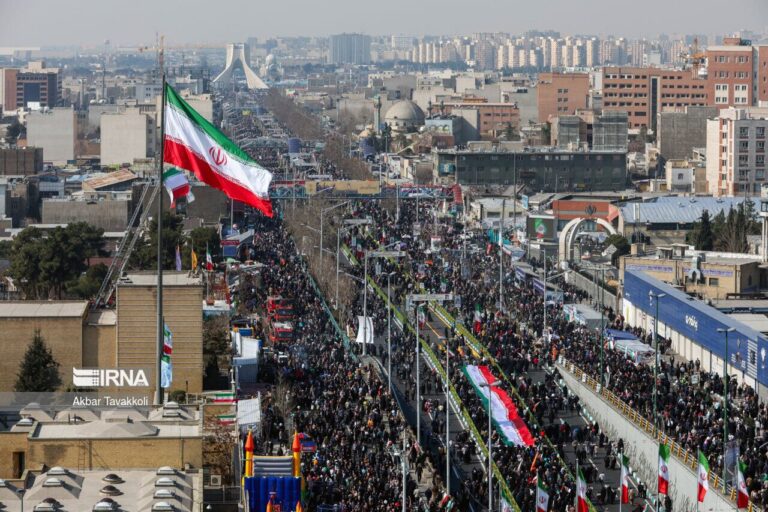
Iranians Mark 46 Years of Islamic Revolution with Vibrant Nationwide Celebrations
Millions in Iran are celebrating the 46th anniversary of the Islamic Revolution, marking the end of the U.S.-backed Pahlavi dynasty and the establishment of the Islamic Republic. Festivities began early Monday in Tehran and across approximately 1,400 cities and towns, with participants chanting slogans and waving national flags in support of Ayatollah Khomeini’s principles. Iranian President Masoud Pezeshkian is set to address the crowd at Tehran’s Azadi Square. The event is garnering significant media attention, with over 200 foreign journalists and 7,000 domestic reporters covering the celebrations, highlighting a strong spirit of unity and pride among the populace.
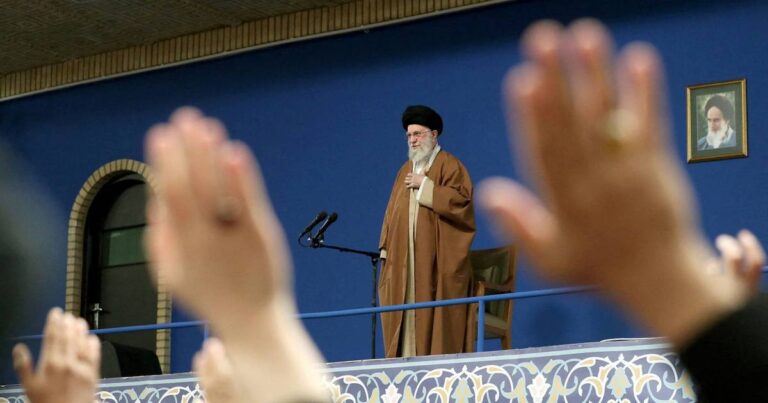
Khamenei Draws on Sacred History to Endorse ‘Temporary’ US Agreement
Iran’s Supreme Leader, Ali Khamenei, has indicated a potential openness to nuclear negotiations by drawing historical parallels with the second Shia Imam, Hasan ibn Ali. During a recent gathering, Khamenei emphasized strategic patience, referencing Imam Hasan’s controversial peace treaty with rival Mu’awiya as a tactical move to protect long-term interests. This marks a shift from Khamenei’s earlier dismissal of U.S. engagement, suggesting a more pragmatic approach while acknowledging internal dissent among hardliners. His remarks highlight the delicate balance he must maintain within Iran’s political landscape as nuclear discussions progress amid external pressures and historical context.
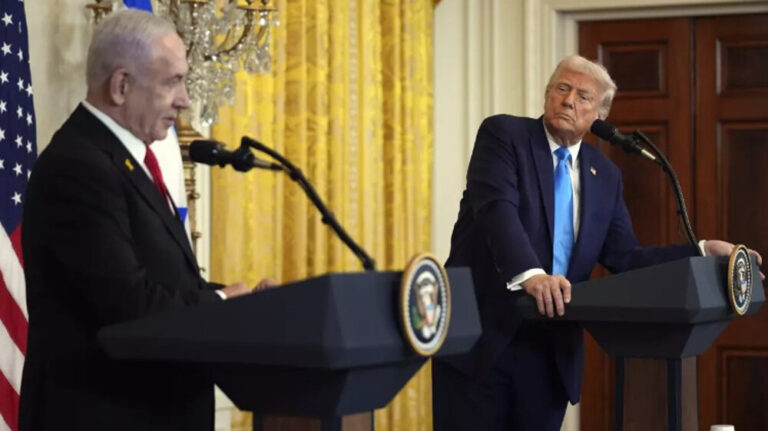
Hezbollah Responds to Trump’s Controversial Gaza Displacement Proposal
Hezbollah condemned former President Donald Trump’s remarks advocating the “resettling” of Palestinians, likening them to historical displacements of indigenous peoples. The group emphasized the resilience of Palestinians against military aggression and denounced Trump’s plans as part of a colonial agenda aimed at ethnic cleansing. They called on Arab and Islamic nations to act against these proposals, warning that failure to do so could threaten regional stability. Hezbollah declared that attempts to displace Palestinians would ultimately fail, affirming that Gaza and Palestine would remain for their people, and their struggle would continue to inspire global movements for justice.
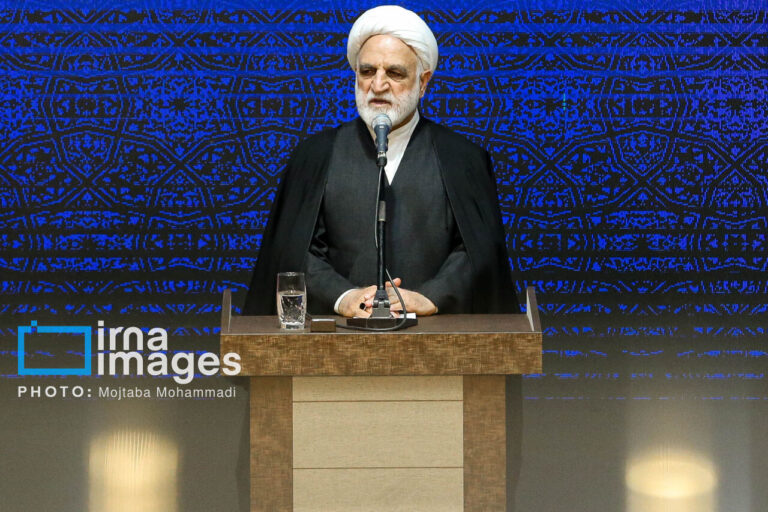
Iran’s Judiciary Chief Declares: Islamic Revolution Shatters the Grandeur of Arrogant Powers
Iran’s Judiciary Chief, Gholam-Hossein Mohseni-Ejei, recently underscored the lasting strength of the Islamic Republic, asserting that the Islamic Revolution has reduced the influence of foreign powers over the past 40 years. During a visit to Imam Khomeini’s mausoleum, he emphasized the nation’s sovereignty and the failure of adversaries to disrupt Iran’s progress. Mohseni-Ejei pointed out that external attempts to undermine the Islamic Republic have largely failed, and he noted the resilience of the Iranian people in defending their revolution. His remarks reflect a broader commitment to the values established by Iran’s late founder during the 46th anniversary celebrations of the revolution.
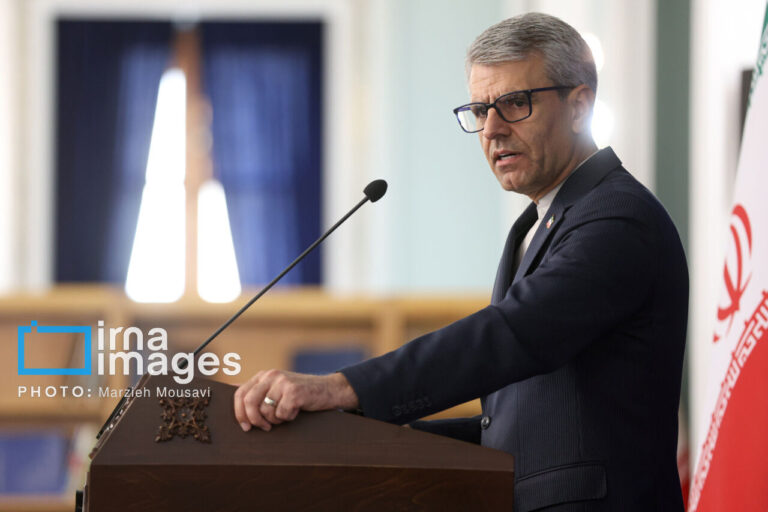
Iran: Disbanding PKK Could Enhance Regional Stability and Security
The Kurdistan Workers’ Party (PKK) has announced its decision to disband and disarm, marking a crucial change in regional security dynamics. Esmaeil Baqaei, a Foreign Ministry spokesperson, welcomed this move as a rejection of violence and a step toward stability in Turkey. The PKK’s 12th conference revealed an end to their armed conflict with the Turkish government, with imprisoned leader Abdullah Ocalan urging the group to cease its struggle for conflict resolution. While previously designated a terrorist organization, the future for PKK militants remains uncertain, with no details on potential concessions or relocation arrangements disclosed.